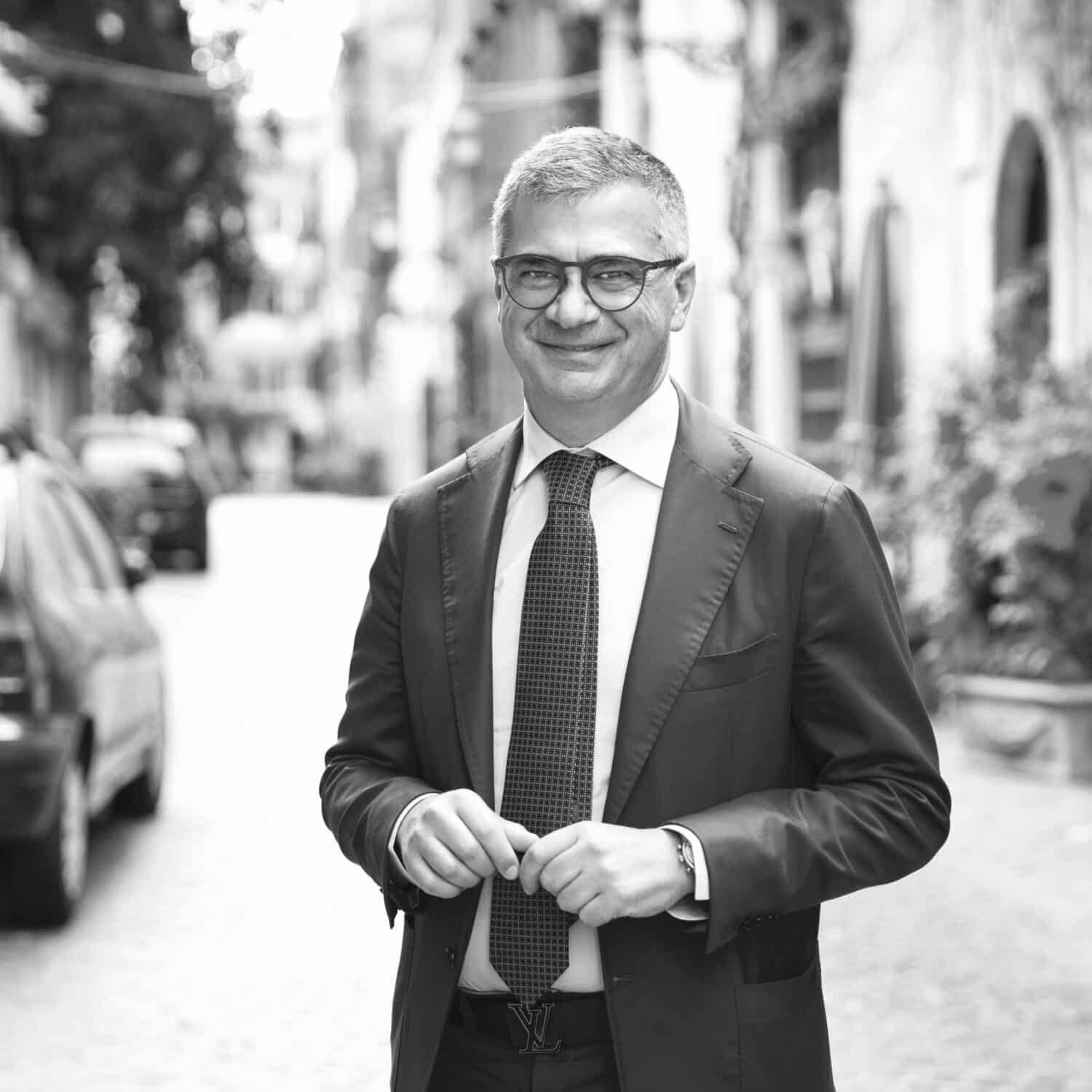The image of Southern Italy in the world often drags with it stereotypes and clichés, but fortunately this is only part of the narrative, because Southern Italy expresses a great value linked to the extraordinary excellence that over the centuries has handed down a cultural, artistic and entrepreneurial tradition starting right from small and medium-sized businesses.
Giosy Romano is a longtime lawyer, president of the Consortium for the Industrial Development Area of the Province of Naples (ASI) and president of the Italian Confederation for Economic Development (CISE).
President, what is your vision for the South?
“Mine is a vision that moves from what has been achieved in recent years, a look into perspective with respect to the geographic position of profound advantage occupied by the Mezzogiorno. In the aspect of productive activities, the achievements of the last few years have generated attention to the area even from parties outside the national context, because of the possibility of bringing out the natural characteristics of this part of Italy vocated to centrality in the Mediterranean and in the international market. I believe there is an objective possibility of attracting investment to the South, becoming ‘leading’ rather than ‘trailing.'”
– Questa intervista fa parte del terzo numero cartaceo de IlNewyorkese: ACQUISTALO QUI
What is the starting point in the area’s economic promotion activity and what are the long-term goals?
“We start with an oxymoron: to be humbly ambitious. Actually, this approach has become our workhorse, bringing together several industrial consortia, universities such as Mercatorum and a major research center such as Eurispes. In this way, CISE – Italian Confederation for Economic Development – was born, with the aim of fostering connections between Italian companies allocated in the Mediterranean area.”
What has been done in this period by CISE?
“I am thinking first of all of the forum organized with Egypt and the various national governments in the Mediterranean area, generating a new line of development for businesses. The ambition is to systematize the Mediterranean macro-region, overcoming political boundaries to get to the physical ones dictated by the sea and, the goal, is embodied in the creation of a large Mediterranean ZES with the commitment of each entity, regardless of location and uniting all the realities that overlook this body of water.”
The Mediterranean certainly represents an extraordinary opportunity for development, but are there also limitations?
“The limitation consists in the short-sighted vision of those who appear in this body of water thinking that they can excel as a state, as the sole actor and generator of development. My hope lies in overcoming this limitation by advocating a broader vision of building a path that prescinds from primogeniture. Operators and businesses must be in synergy with each other for concrete development, so there is a need to change the way of thinking typical of us Southerners, namely that of “being led by someone.” There must be an awareness of the ability to lead, drawing inspiration from those who do it daily in enterprises, with the energy and professionalism of the various operators in the sector.”
What is the real opportunity in the South?
“First of all, the extraordinary geographical location. But the most important thing is to give those who train in the South the opportunity to be able to stay, considering that there is no shortage of excellent training centers. It is not necessary to bring back those who have gone abroad, but to make the most important intangible infrastructure there is work: that of human resources in the area.”
How?
“In this sense, the narrative of a ‘whining’ South constantly in need of umbrellas from the central government must be corrected, but not by pandering to the overly optimistic narrative. Moderation is needed and knowing how to reach out before telling the story. A prime example comes from the perceived legality and safety of the territory, demonstrating on the ground, to those who want to invest, that they are safe. We have done this by certifying the industrial areas of Campania through the Legality Pon, with areas that are video-monitored at 360° from the point of view of physical and environmental intrusion, thus creating a happy island where the industries that settle in our territories feel protected. Actions of this kind imply a greater attraction of investments and implementation of those of multinationals already existing in the territory.”
Italy is much loved in the world. It is a very valuable international brand and the South is known for its natural beauty, landscape and also industrial development. In the U.S. there is a great desire for Italy, and many Italian Americans would like to visit and also invest in it. What advice would you give in this regard?
“My idea is that we need to accompany this brand attractiveness with bureaucratic simplification. Tourism should not be abandoned but nurtured and corroborated with additional elements, because the territory, endowed with tangible beauty, can be combined with actions that provide certainty of the investment timetable for the entrepreneur who wants to locate in the South. Americans are used to planning an investment, knowing the certain date of its grounding. If bureaucratic simplification and ZES succeed in anchoring investments to certain rules and timeframes, there may even be an emulation effect with respect to those who already manage to run.”
After all this work you have done for the South, what is your greatest wish?
“To see the things I imagine realized in the South.”
The article A new narrative to veer south comes from TheNewyorker.

